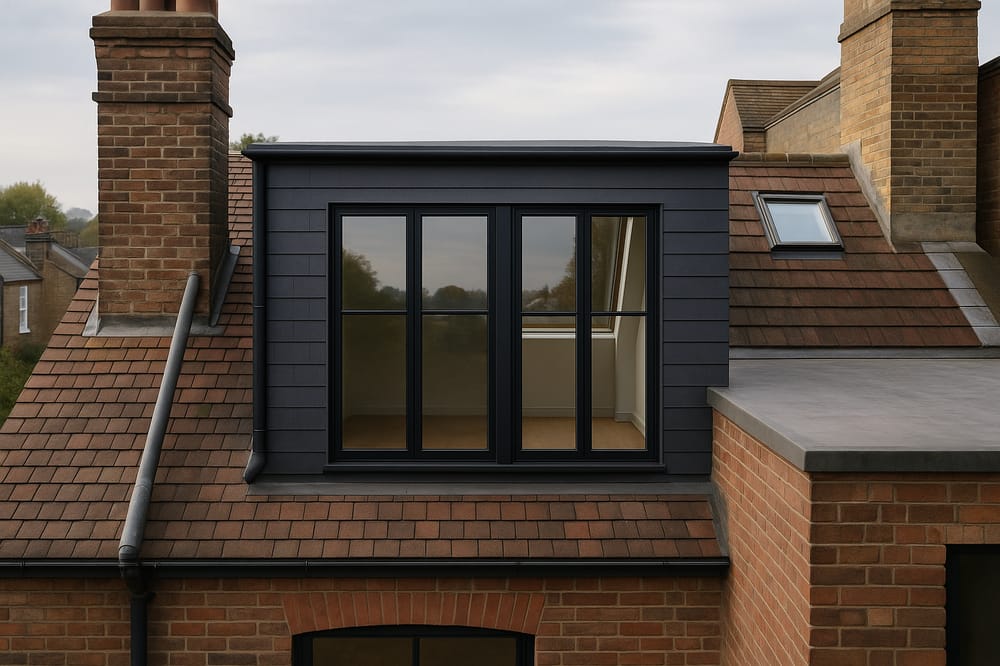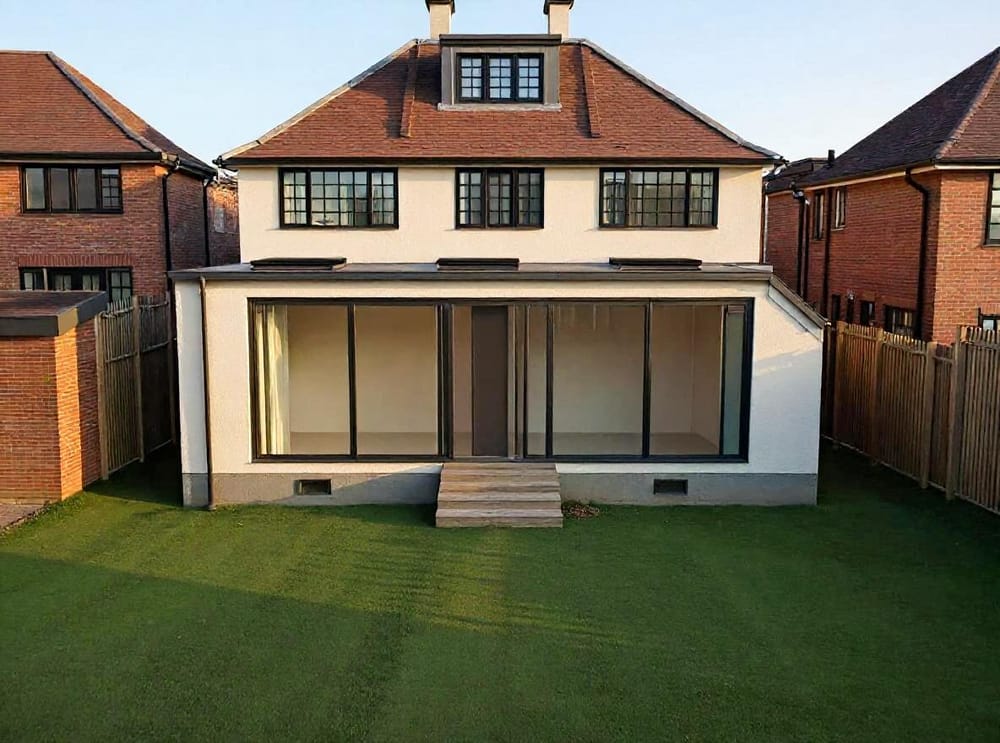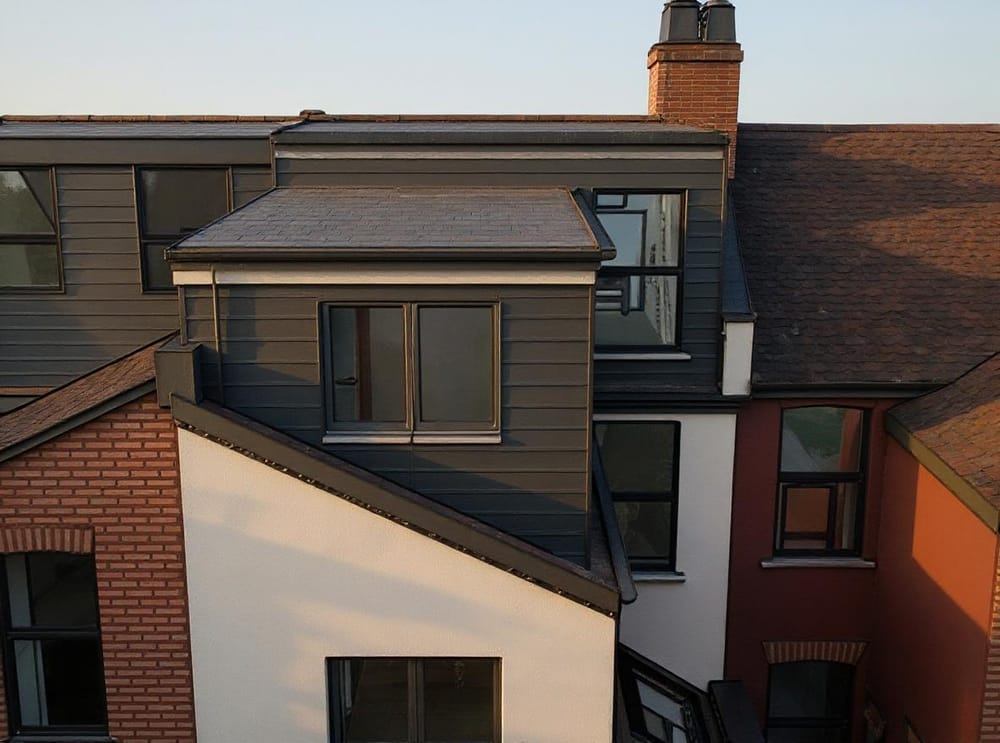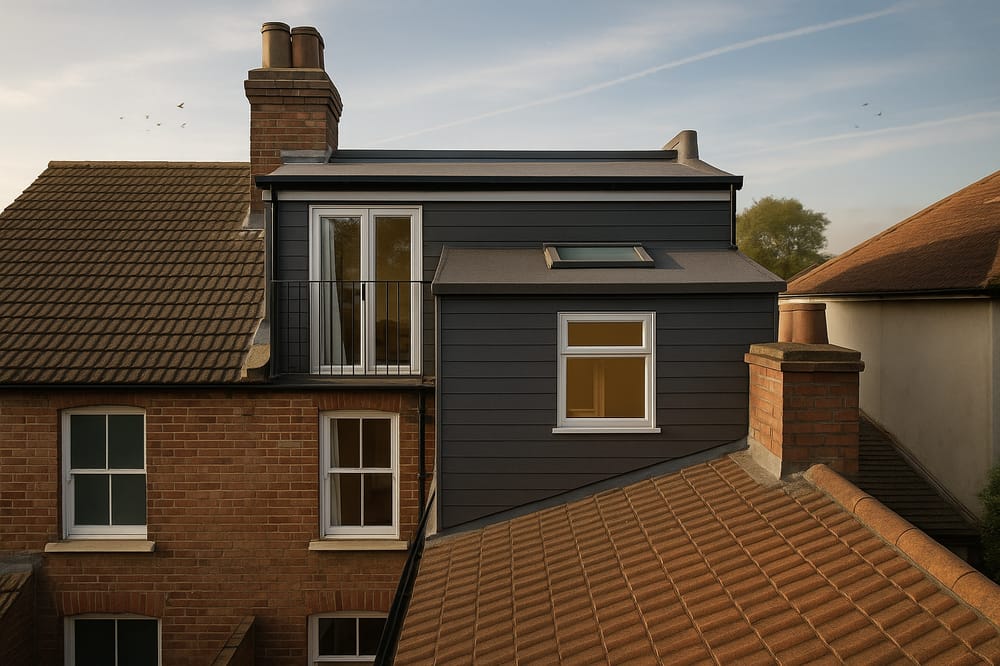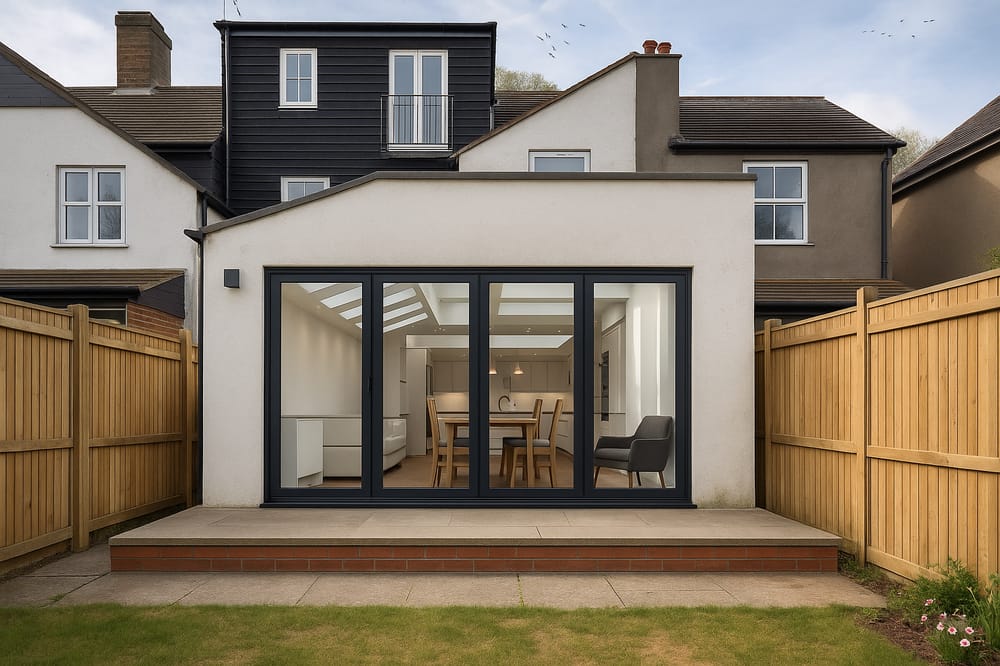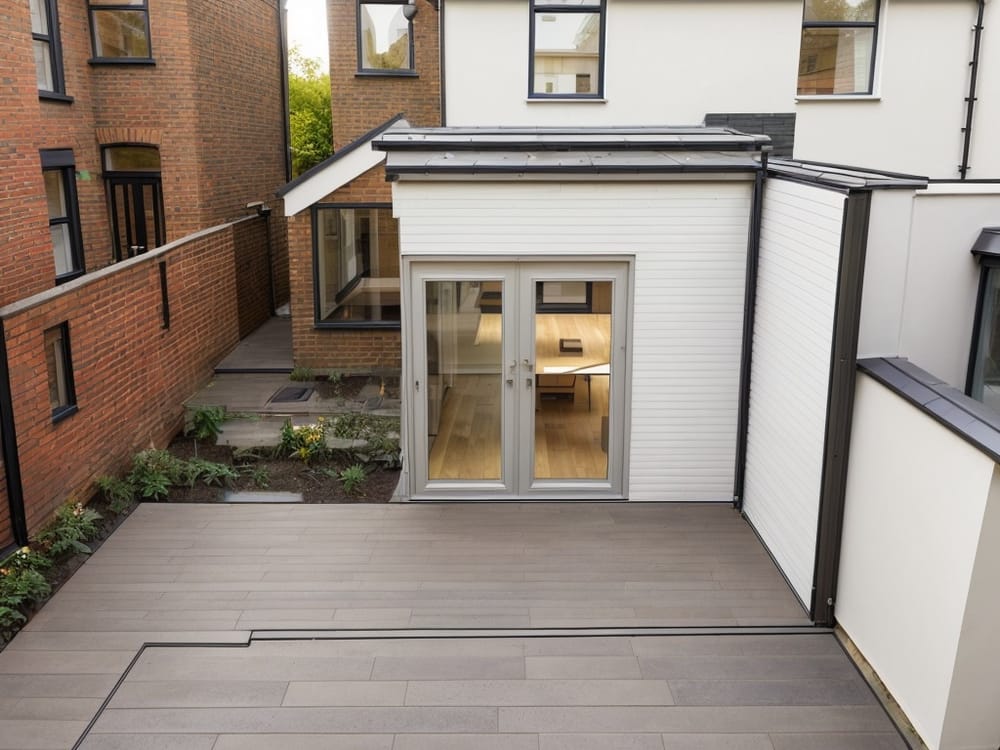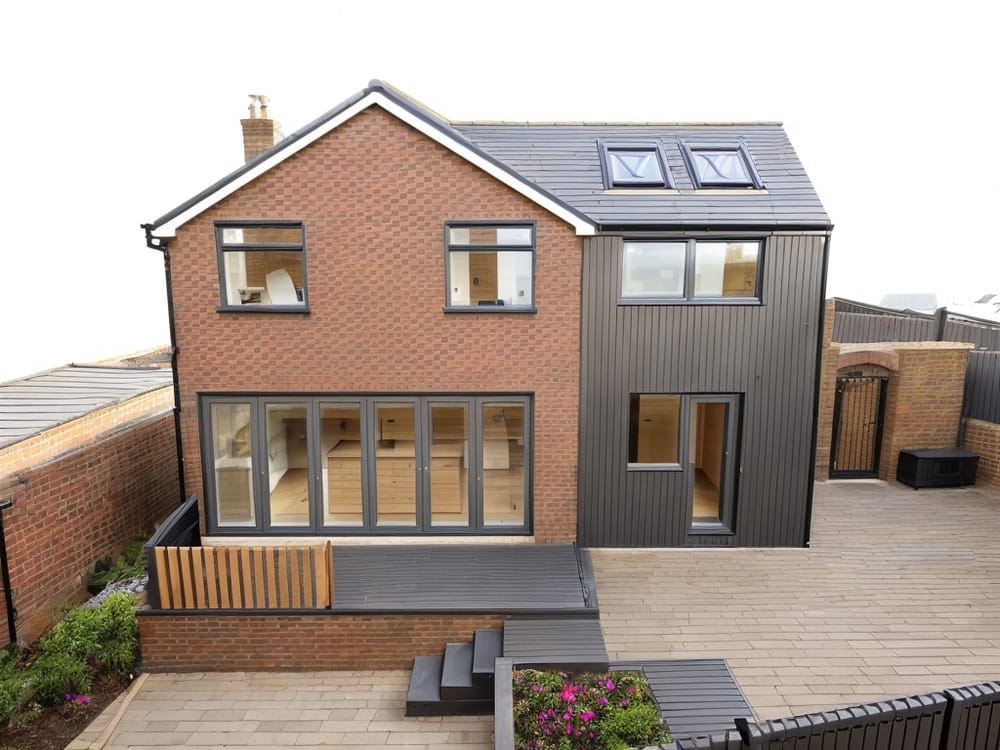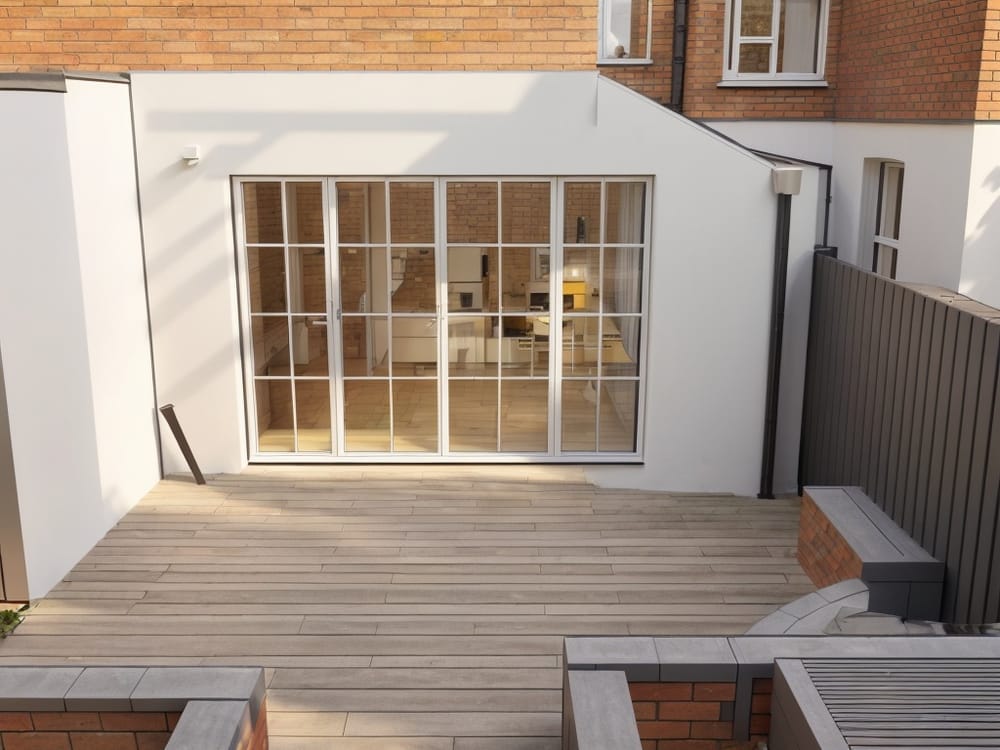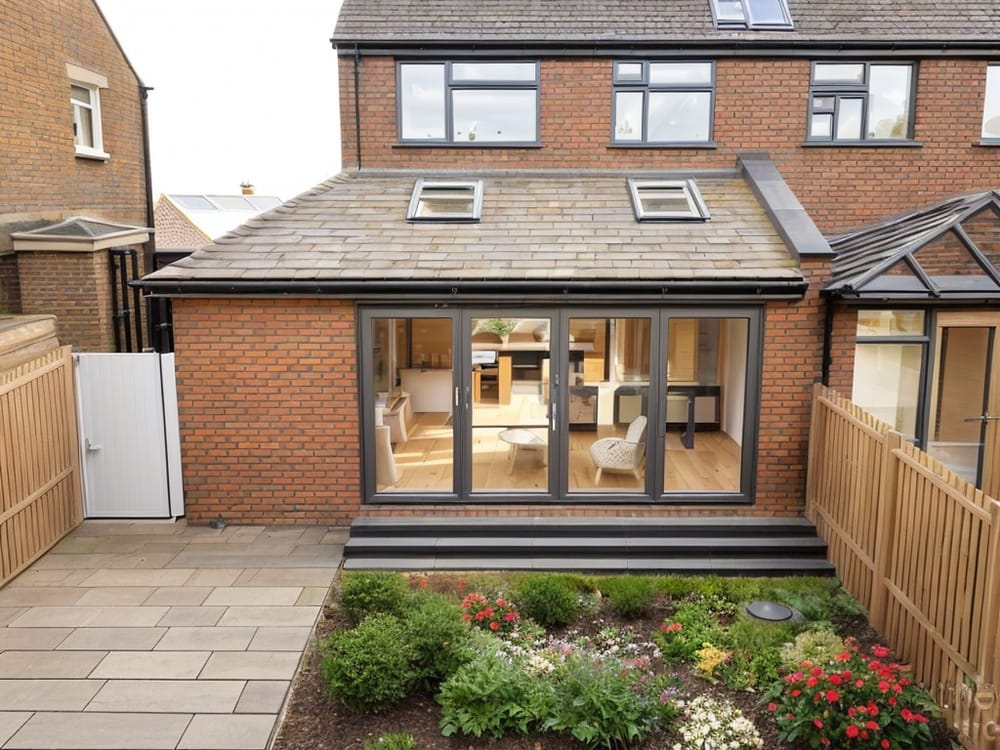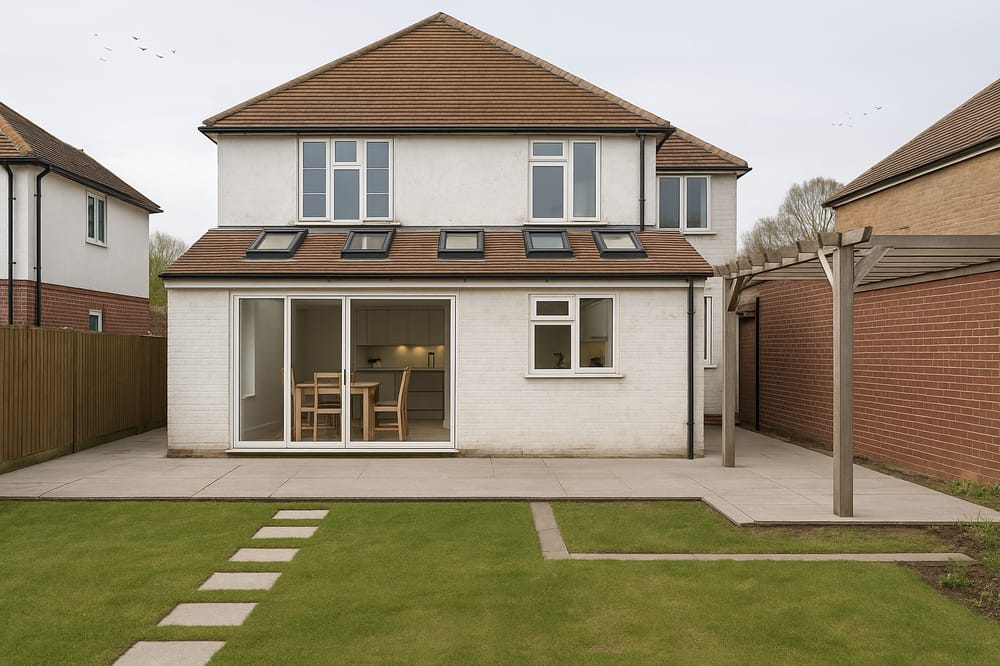Achieving energy efficiency in the home doesn’t have to be a slog. We explore the myriad ways you can reduce your footprint and minimise your bills without shivering in the dark. From easy lifestyle tweaks to significant technological leaps, you’ll find an energy efficiency hack that works for you.
Why energy efficiency at home is more important than ever
In case the noise surrounding energy efficiency is somehow yet to reach you, let’s briefly fill you in. The top line is that the cost of using energy is only getting bigger – for our pockets, sure, and for the environment. The better our homes are at keeping in heat and regulating energy, the less hemorrhaging their impact is on your bank account and the great outdoors.
But, here’s the thing: many properties throughout the UK have been neglected and left to become inefficient. And, alongside that, as a society in general, we’ve picked up some pretty wasteful habits over the years. For both our homes themselves and our own behaviour, there’s a lot to be done and the great news is that there’s a revitalised interest in getting more efficient and plenty of brilliant ways we can do just that. We’ve separated out a spectrum from low-cost and easy to implement solutions to larger investment options so you can get involved whatever your budget.
Low-cost ways to make home living more energy efficient
We are in the midst of a cost of living hike so, while we may have the very best intentions for improving our energy, some higher cost or more time-consuming solutions may simply be out of reach. Thankfully, there are entirely free and super low-costs ways you can adapt your home living to achieve better energy efficiency. Here are just a few that we’ll be taking up:
Regular exercise
According to AXA, the health insurance experts, regular exercise can help boost your overall circulation which can in turn help you warm up quicker in the chillier months without having to flick on the heating. Not only can exercise help improve your mood and enrich your well-being, the advantages of better temperature regulation in the body can ultimately save you money on bills.
What’s more, there’s no need to fork out for a top tier gym membership with great community-led schemes like Parkrun who champion an ethos of ‘Free, For Everyone, Forever’. And if you’re satisfied embarking on your exercise career totally solo, try out a free home Yoga tutorial on Youtube, give the NHS’s motivating ‘Couch to 5K’ fitness app a go or commit to taking a walk for half of your lunch break.
Making this change to your everyday routine could seriously improve your health and, the better you feel, the less work you’ll need heating to do for you.

Turn off, turn down
I’m yet to meet two members of the same household who don’t think that the other is worse for leaving on lights when they leave the room. But, squabbling aside, it suggests we have a bit of a problem with keeping appliances on when we don’t need to. Really exercise mindfulness over what you’re using and why. Sometimes it really is too chilly to swerve flicking on the heating, and that’s okay. But consider whether you really need it in every room in the house – does the downstairs loo that you keep the brooms in really need a warm-through? Turn off radiators in rooms you’re not spending time in and turn down the temperature on your thermostat. And when it comes to lights, make it a habit to switch off as you leave a room – it’s one of the easiest ways to curb your energy use.
Change the way you cook
Whether cooking means function or fun for you aside, there are adaptations to the way you cook that can reduce the amount of energy you use at home without sacrificing flavour. The experts at EDF Energy propose that when it comes to cooking with energy efficiency in mind ‘batch is best’. Cooking up a big pot of something tasty to reheat uses less energy than starting from scratch for each and every meal. Feast your eyes on these batch cooking recipes from Mob Kitchen for inspiration.
And, while we’re on the topic of cooking innovation, consider introducing an air fryer to your countertop – they’re the talk of the town, and for really good reason. They use less energy than traditional ovens – Achie Lasseter of Utilita explains that, ‘typically heat is not lost into the surrounding space as in cookers so [they] tend to be more energy efficient’.
Check out The Telegraph’s round-up of the best air fryers for saving money and energy and Good Housekeeping’s must-try air-fryer recipes to see if you can envisage an air fryer in your kitchen.
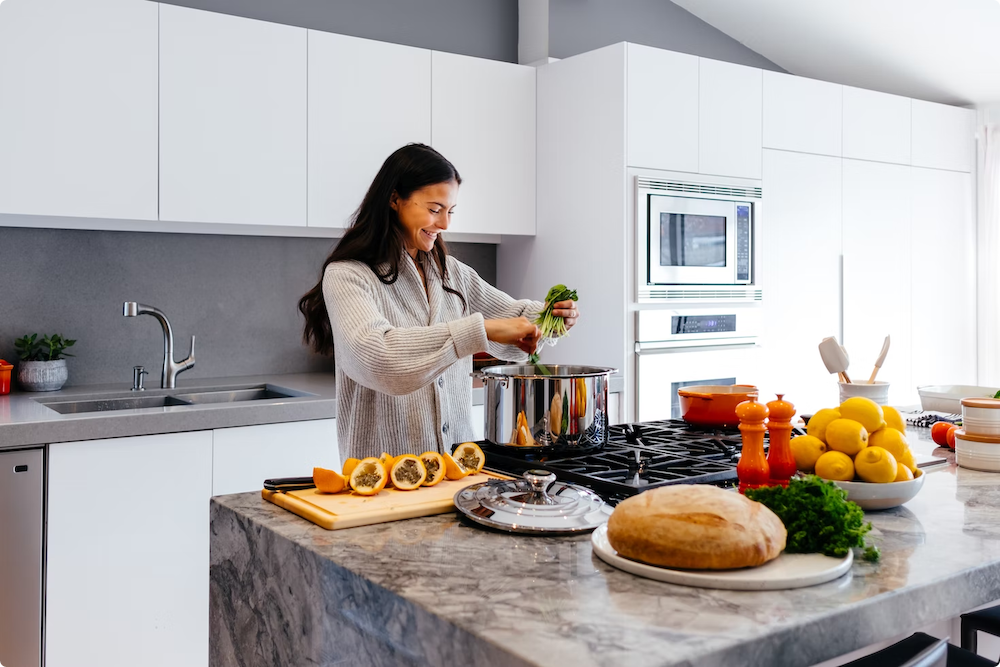
Switch energy providers
When it comes to keeping your energy usage and the amount of money you’re spending on bills low, it doesn’t pay to remain loyal to your provider simply for the sake of it. Shop around and see which plans could be most suitable for your lifestyle with helpful guides on how to choose like this one from USwitch. One of the most talked about energy providers of the moment is Octopus Energy, one of the most awarded companies of its type out there and a Which Recommended Supplier. They remain one of the cheapest energy companies out there and could help you become more energy efficient with their mission to ‘make the world’s power 100% green, as quickly as possible’.

Important checks to measure your home’s energy efficiency
If you want to strive towards greater energy efficiency when it comes to your home living, one of the best ways to start is knowing just how inefficient your property might be. Getting to know how your own home functions is a vital step towards understanding how you can boost its energy usage.
The air tightness test Ben Weymes, architectural associate at Resi, explains: “Due to the age and condition of most of our existing homes, their general level of air tightness can be quite inconsistent and this means that warm air can leak out of our homes very quickly and cold air can come in from outside to replace it. In the UK, up to 70-80% of the heat in a home can be released due to small gaps in the construction of the walls, floors and roofs.
If you want to reduce the leakage and improve your energy efficiency, your architect can identify measures that a building contractor can take to improve the air tightness and detail these works in your drawings package.”
EPC rating
EPC (Energy Performance Certificate) ratings are the grading system that outlines how energy efficient your property is. The ratings range from A to G. Simply put, the best rating is A and the weakest is G. If your property has an existing EPC, this is the easy bit.
Residents of England, Wales and Northern Ireland can find theirs here. Yet to have your property evaluated? Click here to arrange an assessment and begin to get to know your property better. If you receive a low scoring EPC, it can be disheartening and even worrying.
But, rest assured, there are solutions to your efficiency obstacles that will be outlined in the report you receive. The recommendations will be made alongside transparent upfront costs, estimated annual savings and the predicted change to EPC rating.
These can range from smaller projects such as cavity wall insulation to highly impactful measures like solar panel installation – we explore these below.
Mid range and above ways to make home living more efficient
Already feel confident in the energy efficiency of your lifestyle and you’re looking for the next way to step up your game? We explore a few ways to turbo-charge your property’s energy use.
Insulate your home
Having an insulated home is vital to keeping it warm. Otherwise, air can easily escape out or creep in (see above for how this is measured with the air tightness test). One of the most important places to insulate is your loft or your attic. Being situated directly underneath the roof, an attic can cause a quarter of all heat loss. By insulating your attic but also your walls, you’ll be able to keep heat in during the winter and out during the summer. This can help improve the overall energy efficiency of your home.
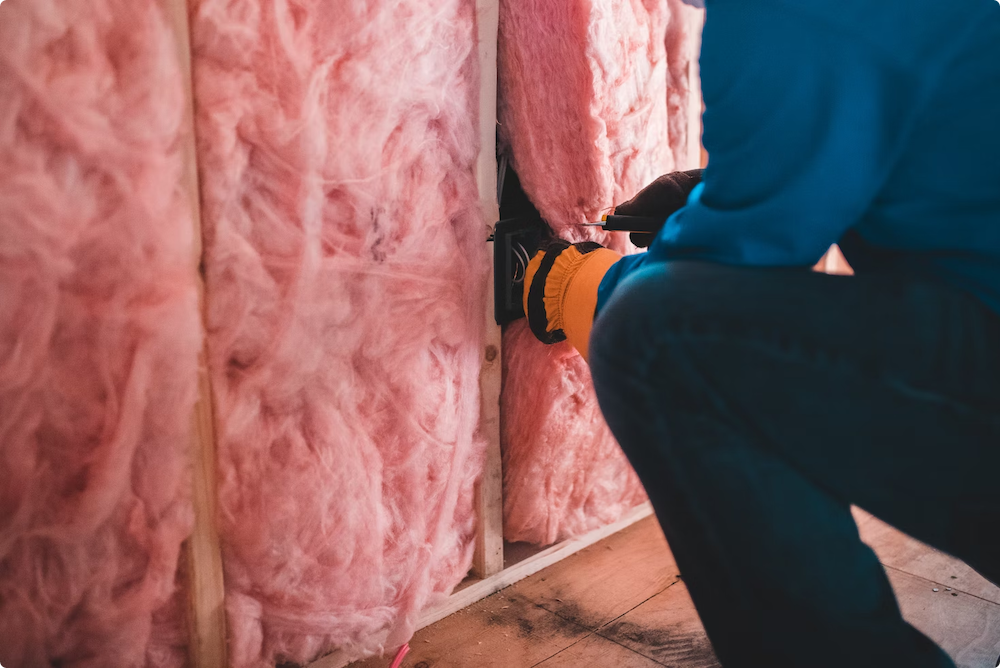
Rainwater harvesting
Rainwater harvesting is fairly self explanatory – you collect rainwater from outside your property and use where you can in place of opting for fresh tap water. There are plenty of options available but if you have a garden and this is your first foray into the rainwater harvesting world, we’d recommend trying out a water butt. While it’s not recommended to drink your collected water, it can be utilised for anything from car washing to toilet flushing. For more information, read the government’s position statement.
Solar panels
Switching to solar panels is an effective step towards a better future. Doing so can reduce your energy use and convert to a renewable source of energy that doesn’t emit CO2. Not to mention that you’ll be able to make some significant savings on your electricity bill: you’ll be creating and consuming your own electricity. This is otherwise known as self-consumption. If you’re ready to take the leap and install solar panels on your property, read on for a guide into how to get started and make the right choice for your home. Find out everything you need to know about solar panels with our handy guide.
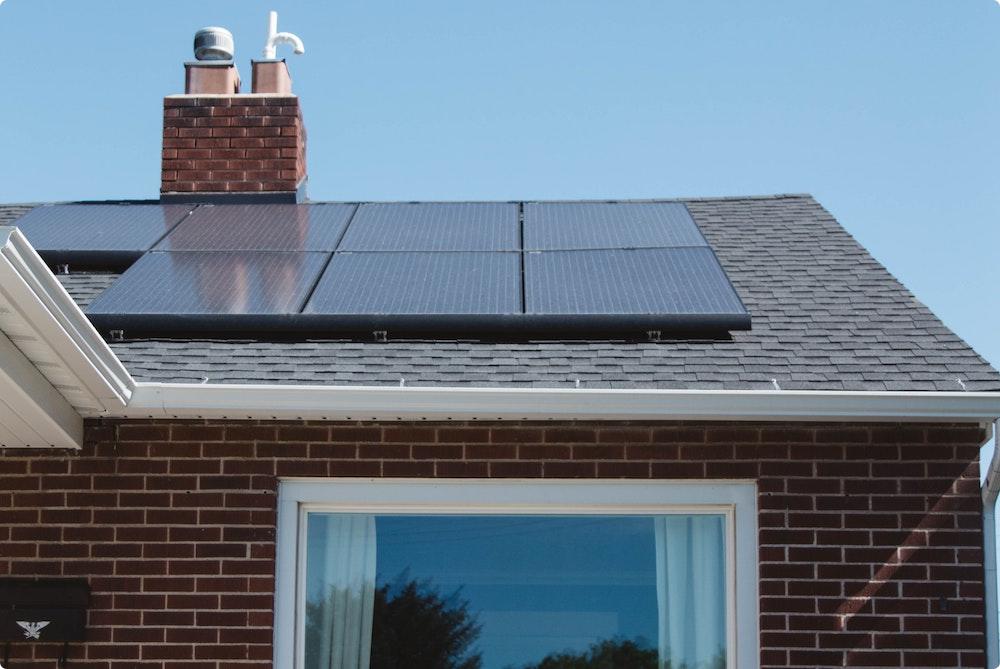
If you’ve found yourself inspired by some of our favourite ways to improve energy efficiency in the home and you’d like to discuss your options further, book in an advice call with one of our in-house Resi experts.






